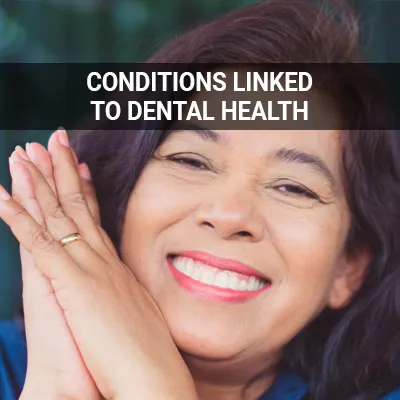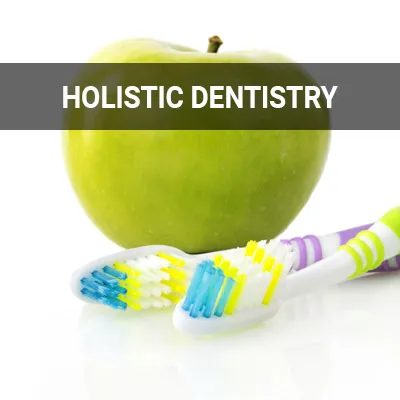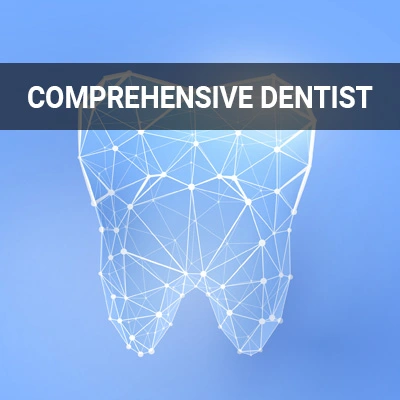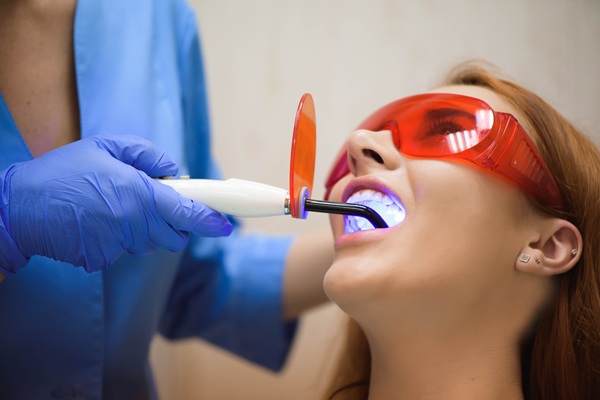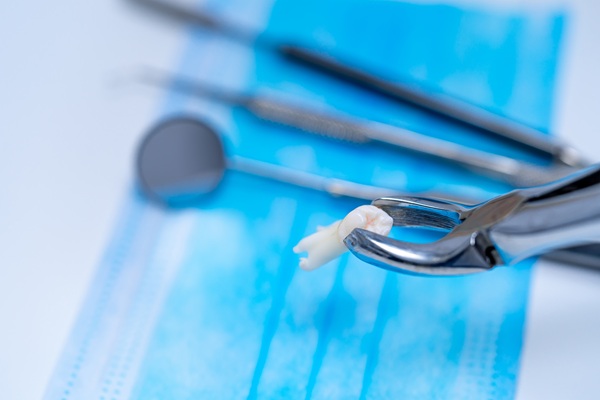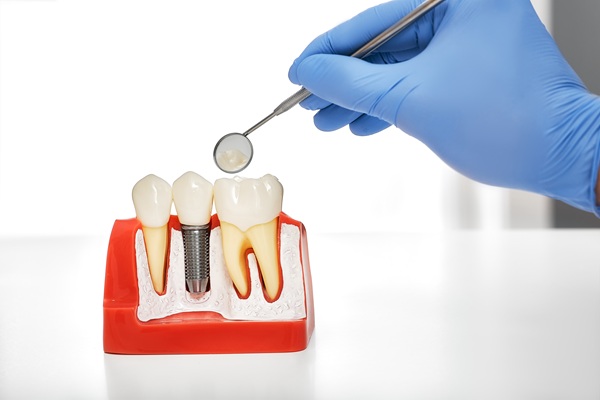Preventative Treatment of Cancers Through Improving Oral Health Aurora, CO
Gum disease is a frequently overlooked precursor to cancers. While all body systems are interconnected, traditional dentists often fail to acknowledge the importance of the oral-systemic link. In reality, maintaining oral health can be one of the easiest ways to prevent various cancers.
Total health dentistry is available at Southland Smiles in Aurora and the surrounding area. We are proud to offer preventative care for oral cancer, gum disease, and more. Call us today at (720) 599-2961 to schedule an appointment or to learn more about our services.
Speaking With A Total Health Dentist About Gum Disease
Patients can speak with a total health dentist about gum disease at a wellness visit. Our team will examine the mouth for signs of gum disease. This is important since unhealthy gums can increase the risk of other health complications. In some cases, symptoms of gum disease of not always noticeable. Without treatment, gum disease can damage the soft tissues and bones that surround teeth.
Research, such as a 2019 study in the Turkish Journal of Medical Sciences, has shown a link between gum disease and increased cancer risk in local and remote organs. In some cases, gum disease and gum cancer can be confused with each other. Regular dental check-ups will allow for accurate identification and early detection for the best possible treatment outcome.
“Without treatment, gum disease can damage the soft tissues and bones that surround teeth.”
Total Health Dentistry and Oral Cancer Screenings
It is imperative for everyone to see a complete health dentist for a wellness visit at least once a year. However, some patients may need to see the dentist more frequently than others. There are several factors that can raise a person's risk of oral cancer and other systemic conditions. Common risk factors involve excessive alcohol use, tobacco use, a history of oral cancer, excessive sun exposure, and certain forms of human papillomavirus (HPV).
A complete health dentist can determine how frequently a patient should be screened for oral cancer. However, virtually anybody can benefit from undergoing an oral cancer screening. It can be difficult to recognize the signs of oral cancer without professional help until it has already progressed. Early detection can be instrumental in successful treatment. An initial examination will typically involve an assessment of the lips, gums, tongue, insides of the cheeks, roof of the mouth, and back of the throat. From then on, the dentist can carry out further examinations as necessary.
“A complete health dentist can determine how frequently a patient should be screened for oral cancer.”
Tell Your Dentist About Your Cancer History
Patients should notify our team if they had cancer in the past or a history of cancer in their family. People with a history of cancer in their family may have a higher risk of developing cancer, while cancer recurrence is always possible for people who have had it before. Providing cancer history information will help us keep an eye on potentially problematic areas when conducting cancer screenings.
We recommend regular follow-up visits so that our team can closely monitor patients who have completed oral cancer treatment. The first two years after treatment is when the risk of reoccurrence is the highest. Our team will work with patients who have a cancer history to determine the optimal managing plans to keep them safe and healthy.
“People with a history of cancer in their family may have a higher risk of developing cancer, while cancer recurrence is always possible for people who have had it before.”
Check out what others are saying about our dental services on Yelp: Preventative Treatment of Cancers Through Improving Oral Health in Aurora, CO
Total Health Dentistry and Spotting Cancer
With many types of cancer, patients may experience little to no symptoms until the disease has already progressed. A complete health dentist can help identify the warning signs before it is too late. All too frequently, patients may brush these off as simple pains or inconveniences. In reality, they may be something far more serious. Some of the early signs of jaw cancer, for example, include difficulty moving the jaw, increased pain, loose teeth, tooth pain, and trouble chewing. Even though non-cancerous conditions may cause such symptoms, it is always best to confirm with a doctor.
Jaw cancer is just one of multiple head and neck cancers, many of which may manifest themselves with oral symptoms. Oral and oropharyngeal cancers are also included in this group. Symptoms of such cancers involve changes in speech, chronic bad breath, difficulty moving the jaws or tongue, difficulty swallowing, ear or jaw pain, fatigue, hoarseness or change in voice, ill-fitting dentures, loosening of teeth or toothache, loss of appetite, numbness of the mouth or tongue, pain or bleeding in the mouth, persistent sore throat, red or white patches, and more. However, other types of cancer may be indicated by a patient's oral health.
“With many types of cancer, patients may experience little to no symptoms until the disease has already progressed.”
Questions Answered on This Page
Q. Why should I see a complete health dentist for oral cancer screenings?
Q. How can my oral health indicate warning signs of cancer?
Q. Why is it important to speak to a total health dentist about gum disease?
Q. Why should people tell dentists about their cancer history?
People Also Ask
Q. Why is good oral hygiene important?
Q. How do cancer medications affect oral health?
Q. Why is preventative care important? How can it save you money?
Q. Why is it important to find the right general dentist?
Q. What habits are useful to develop or steer clear from to maintain oral hygiene?
Q. What family members may need extra help with their oral hygiene?
Frequently Asked Questions
Q. What factors can increase the risk of oral cancer?
A. Various factors can increase the risk of developing oral cancer. One of the greatest risk factors is tobacco use, including cigarettes, cigars, pipes, and chewing tobacco. People who drink an excessive amount of alcohol, have had cancer before, or have signficant sun exposure are also at increased risk of oral cancer.
Q. What is a self-exam for oral cancer?
A. People should conduct a self-exam to check themselves for oral cancer in between dental visits. This involves examining the outer lips, the floor of the mouth, the soft palate, back of the throat, and the insides of the cheeks. It is also important to feel those areas for any unusual bumps or lesions.
Q. What are some signs of gum disease?
A. The first signs of gum disease are usually red and swollen gums. Without treatment, it can progress and cause other symptoms, such as bad breath, receding gum lines, and sensitive teeth. In severe cases, people may experience shifting teeth and even tooth loss.
Q. What are the kinds of oral cancer?
A. Most oral cancers are squamous cell carcinomas. They make up about 90% of all cancers that happen in the mouth. Other less common types of oral cancers include verrucous carcinomas, minor salivary gland carcinomas, lymphomas, and benign oral cavity tumors.
Q. What are the risk factors of gum disease?
A. One of the most common reasons that people develop gum disease is poor oral hygiene. Smoking, recreational drug use, and a lack of nutrients can also increase the risk of developing gum disease. Other risk factors include hormonal changes, genetics, certain diseases and medications, and obesity
Dental Terminology
Call Us Today
As the saying goes, the best offense is a good defense. The same is true when it comes to cancer prevention. We at Southland Smiles may be able to help. Call us today at 720-599-2961 to schedule an appointment or to learn more about our services.
Helpful Related Links
- American Dental Association (ADA). Glossary of Dental Clinical Terms. 2025
About our business and website security
- Southland Smiles was established in 2009.
- We accept the following payment methods: American Express, Cash, Check, Discover, MasterCard, and Visa
- We serve patients from the following counties: Arapahoe County, Adams County and Douglas County
- We serve patients from the following cities: Aurora, Centennial, Parker, Englewood, Foxfield, Castlewood Rock, Lone Tree, Elizabeth, Franktown and Highlands Ranch
- National Provider Identifier Database (1265685796). View NPI Registry Information
- Healthgrades. View Background Information and Reviews
- Norton Safe Web. View Details
- Trend Micro Site Safety Center. View Details
Back to top of Preventative Treatment of Cancers Through Improving Oral Health
QR code for Preventative Treatment of Cancers Through Improving Oral Health



